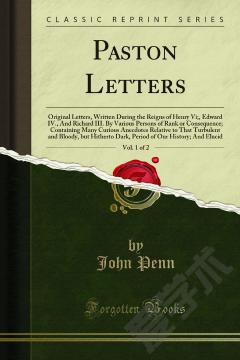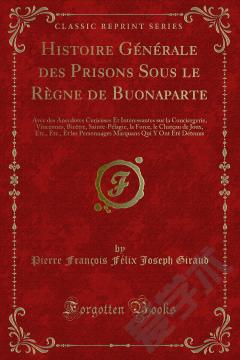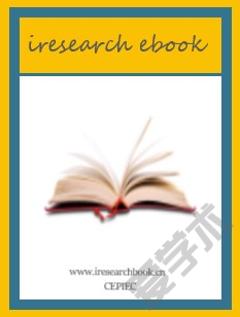Paston Letters —— Original Letters, Written During the Reigns of Henry Vi;, Edward IV., And Richard III. By Various Persons of Rank or Consequence; Containing Many Curious Anecdotes Relative to That Turbulent and Bloody, but Hitherto Dark, Period of Our History; And Elucid
-----
The only printed of these valuable records of a past age is in four quarto volumes, edited and published by Sir John Fenn, two volumes in 1787, and two others in 1789; together with a fifth, prepared by him for publication, but not published till 1823, many years after his death, by his nephew, William Frere, Master of Downing College, Cambridge. This last volume contains letters of the dates of Edward IV., Edward V., Richard III., and Henry VII. The letters in each publication are arranged in a separate chronological series, although many of them refer to the same periods. This edition is of course far too expensive for the great mass of readers; the cost of a copy is eight guineas, and it is troublesome to follow the proper order of succession under such an arrangement. This has occasioned the present attempt to make such valuable matter more accessible, by reprinting the volumes in a cheap form, and in a more regular order, abridging some of the letters which are either of little importance or repetitions of what is contained in others, or relating to uncontested and well-known historical events involving no matters of peculiar or personal interest; but wherever we have deemed it right to abridge or abstract we have in every case preserved as much of the original form and language as possible. In the original edition two forms of the letters are given, one an exact transcript of the letters themselves in the old and very variable and therefore difficult orthography; and the other, which we have followed, with the orthography modernised, but no liberty has been taken, without notice, of either the words or their arrangement.In a recent number of the 'Edinburgh Review,' in an article reviewing Mr. Tytler's work 'England under the reigns of Edward VI. and Mary,' in which were introduced many historical documents and private letters of the period, it was contended that such a work could not be popular, nor deserved to be so. The reviewer argued, that general readers could not be expected to take the pains or feel sufficient interest to examine into details; and in the few cases where they did, they should themselves have recourse to the originals; for selections, copied at the risk of error in transcription, and modernised in the spelling, were likely to convey false impressions frequently of the facts related, and still more frequently of the modes of thought and expression used by our ancestors.We believe the opinions here expressed are held, or rather acted upon, by many who recoil from the idea of reading historical documents as they would from reading a modern act of parliament for a railroad or an inclosure. But the objections of the reviewer, if valid, would shut out the public entirely from any knowledge of these interesting pictures of our earlier history; for many of the collections of MSS. are not accessible to the public, and few or none could read them on account of the difficulties arising from the hand-writing, he contractions, and the ever-varying orthography. Fenn has in a subsequent paragraph given an answer to most of the items; but the only part of the objection of any weight - that history cannot be taught in this way - does not apply to this work.
{{comment.content}}








 京公网安备 11010802027623号
京公网安备 11010802027623号